Managing for Results
5. Data Leadership & Governance
Does the state have leadership and governance structures to use data to deliver results?
Connecticut
Leading Example
A 2018 Connecticut law formalized the position of Chief Data Officer within the Office of Policy and Management and created the Connecticut Data Analysis Technology Advisory Board. The law required each state agency to designate an agency data officer to manage high-value data sets and coordinate data-related activities with the state Chief Data Officer. The Chief Data Officer, along with individual agency data officers, is required to biannually update the state data plan, which covers open data and creates data standards for agencies.
The Office of Policy and Management Data and Policy Analytics unit is responsible for the development and implementation of the State Data Plan, the State’s Open Data Portal, and P20 WIN, the state’s integrated data system, and development of the state GIS Office. The unit serves as a resource for data analysis and data-related projects at the Office of Policy and Management and directs and manages activities related to the collection, analysis, sharing, coordination, and dissemination of data.
In 2021, Connecticut legislation established a GIS Office and the position of Geographic Information Officer (GIO) within the Office of Policy and Management. The GIS Office resides within the Data and Policy Analytics Unit of OPM and is responsible for data acquisition, developing a public clearinghouse and providing support to GIS efforts statewide.:
The work of the office is informed by an appointed GIS Advisory Council and an informal interagency GIS Working Group, both of which allow for GIS staff across state agencies, regional and local government, nonprofits and business to coordinate on GIS activities. In 2021, Connecticut participated for the first time in NSGIC’s Geospatial Maturity Assessment (GMA) and received a ‘B Grade’. The baseline GMA grade will allow the state to track and measure progress over time on improvements to GIS capacity.
In addition, other legislation expanded the vision and purpose for the state longitudinal data system, P20 WIN, to include education, workforce, and supportive services in conjunction with new enterprise legal agreements.
Promising Examples

Arkansas
Arkansas
In 2020, Arkansas named the state’s new Chief Data Officer (CDO). The Chief Data Officer position, created by a 2017 law, leads the state’s efforts to improve data use, infrastructure, and security. A 2019 Arkansas law created the Data-Sharing and Data-Driven Decision-Making Task Force “to implement a shared services model for statewide data sharing in order to drive innovation and facilitate efficiency across state agencies, improve the delivery of services, and to better serve the citizens of this state.” The CDO has led the development of the Arkansas data asset inventory system, Data and Transparency Panel, and cultivated statewide data culture and data literacy.

Arizona
Arizona
Arizona’s Department of Administration has a State Data Management Architect who serves as the statewide Chief Data Officer and has led the Statewide Data Management Program (SDMP) since 2016. The Chief Data Officer leads data management at the Department of Administration, as well as the State Data Interoperability Council, which oversees data sharing between state agencies. As part of the Arizona Strategic Enterprise Technology Office, the State Data Management Architect establishes data governance policies that address technology; security; privacy; and communication strategies, policies, and procedures.

California
California
In 2022, California established the Office of Data and Innovation and bolstered the statewide data team (CalData), building on the previous appointment of the Chief Data Officer and work of the Office of Digital Innovation. The CDO and CalData are responsible for creating data strategies that improve programs statewide and lead to better outcomes, with a particular focus on connecting traditionally siloed data. The Chief Data Officer created CalData: California’s Data Strategy 2020 and supports the California Open Data Policy, and the California Open Data Portal. The CDO’s office has three lines of work with corresponding leadership positions in: data analytics and evaluation, data services and policy and programs. The team has authority over data governance and management statewide and as a key part of their work engages with state departments in communities of practice.
In addition, there are several Chief Data Officers and data leaders throughout the state at the agency or department-level including the:
- Director of the Center for Data Insights and Innovation and Chief Data Officer at the California Health & Human Services Agency;
- Chief for Data Analytics and Strategy at the Department of Developmental Services;
- Geospatial Data Officer at the CalTrans, the Department of Transportation.
The California Cradle-to-Career System has a comprehensive and inclusive governance system. The system hired its first Director, who reports to the 21-person governing board made up of representatives from data providers, policymakers, and the community. Supporting the decision-making governing board are two advisory boards on data and tools and community engagement who ensure that data is actionable, high-quality, equity-oriented, and with strong feedback loops to the community. The system also has community conversations, open meetings, and other ways to get involved, maximizing community input. This structure is intended to make the system the most inclusive and actionable data system in the country.

Colorado
Colorado
The State of Colorado’s Office of Information Technology (OIT) includes a Chief Data Officer. The Chief Data Officer is responsible for developing and directing the state’s data strategy, data governance, and data management. The position establishes enterprise data policies, standards, and procedures to maximize the state’s investment in data management systems. The OIT’s statewide data management program leverages data and information as enterprise assets and establishes standards and processes to enable more agile solutions and government services. Additionally, OIT’s Government Data Advisory Board (GDAB), created by a 2009 law, advises the Chief Data Officer on activities and policies necessary to develop the interdepartmental data protocol, made up of members from state and local government. GDAB’s mission is to improve the efficiency and effectiveness of state government, citizen service delivery, and policymaking by providing guidance and recommendations on how the state should govern and manage data and data management systems.
In 2022, GDAB created a data governance subcommittee, which will define a statewide protocol for collecting, managing, storing, and linking personally identifying information (PII) and develop best practices for data management and data governance, including data lifecycle, reconciliation, and retention policies and procedures.

Indiana
Indiana
A 2017 Indiana law (p. 8) established the position of Chief Data Officer with the budget, staff, and authority to: (1) coordinate data analytics and data transparency for state agencies; (2) advise state agencies regarding best practices for data maintenance, security, and privacy; and (3) oversee the Indiana Management Performance Hub (MPH). MPH uses state data, such as the Education and Workforce Development database, to provide “analytics solutions tailored to address complex management and policy questions enabling improved outcomes.”

Maryland
Maryland
A 2021 Executive Order established Maryland’s Chief Data Officer charged with developing new statewide data-governance strategies and leading a group of agency-level data leads. The CDO, along with the Chief Privacy Officer, operate in the governor’s office as a centralized function for statewide data activities, including oversight of use and management of data across a variety of state units and leveraging data to inform policy decisions through a statewide strategic data plan, among other roles and responsibilities.
The Executive Order also established agency data officers to support the stewardship and coordination of data in agencies across the state. The Executive Order also requires the agency data officers to convene on a monthly basis to share best practices, gather input and advice from experts and practitioners, report to the State Chief Data Officer, and support development and implementation of the State Data Strategic Plan. The Executive Order attenuates that the CDO shall work with various offices, including the Governor’s Office of Performance Improvement, for the purposes of improving operational efficiency and efficacy.
Within Maryland state agencies, there are several other governance councils to support data management activities at the agency and program level:
- The MD THINK Committee as a unit under the Governor’s Executive Council, known as the Governor’s Cabinet to sets policy, objectives, and priorities for, and governs the portfolio data, platform technology assets, and MD THINK enterprise.
- Maryland Department of Transportation (MDOT)’s Data Governance Council, responsible for advising and monitoring data initiatives across the business units within the agency.

Minnesota
Minnesota
Minnesota has a Chief Data and Evaluation Officer with the authority, staff, and budget to collect, analyze, share, and use data to evaluate and improve the effectiveness of public programs and inform policy decisions affecting them. The Minnesota Chief Data and Evaluation Officer leads a team of analysts and research scientists who partner with state agencies to integrate useful information into strategic planning, budget formulation, and ongoing management.

North Carolina
North Carolina
The state’s interim Chief Data Officer also serves as the Deputy State Chief Information Officer and oversees the North Carolina Government Data Analytics Center (GDAC) which serves as the centralized data office for the state, facilitating enterprise data management, sharing, and analytic capabilities to transform data into information to support the State’s business decisions and processes. In this role, the Chief Data Officer leads efforts to support data sharing between state agencies, develop enterprise solutions, identify cost savings through fraud and compliance initiatives, and leverage the state’s data assets to provide information for state leaders to make evidence-based decisions. In addition to the Chief Data Officer, GDAC also has created leadership positions focused on data and analytics, including Director of Analytics and Executive Director of the NC Longitudinal Data System.
Two other North Carolina departments and agencies have their own chief data officers: Office of State Budget and Management and the Department of Health and Human Services (DHHS). For example, Chief Data Officer for DHHS coordinates the agency’s efforts to improve the health and wellbeing of North Carolina residents through data-informed strategic planning and policy evaluation. In total, nine data analytics positions were added to five state agencies in North Carolina’s FY 2021-23 budget, strengthening the state’s data analytics capacity.

New Jersey
New Jersey
New Jersey’s Chief Data Officer leads statewide data transparency initiatives and open data projects, such as the Open Data Center, Governor’s Transparency, Superstorm Sandy Transparency, and Governor’s Disaster Recovery Office Transparency Site for COVID spending websites. The CDO serves as the coordinator, architect, and content manager for New Jersey’s Open Data Portal. This role also establishes best practices, administrative rules, policies, standards, procedures, and bulletins as they relate to open data, enterprise information, and data management.

Ohio
Ohio
In 2019, the Ohio Governor’s Office established the Chief Data Advocate role as a senior staff member with the authority to collect, analyze, share, and use data to improve state government programs. The Chief Data Advocate works under InnovateOhio, which was created in 2019 and is led by the Lieutenant Governor. The executive order that created InnovateOhio states a presumption of data sharing between state agencies, except where a specific legal prohibition is identified in writing.

Oregon
Oregon
A 2017 Oregon law instituted a Chief Data Officer responsible for the state’s centralized data strategy, including an enterprise open data platform. The Chief Data Officer is charged with creating open data standards, providing privacy guidance for state agencies, identifying opportunities for data sharing, and designing stakeholder engagement strategies, including an advisory committee. In 2021, the program was funded to grow from six to twelve staff members and procured a geospatial data-sharing and management platform. The Chief Data Officer also released Oregon’s first data strategy in 2020 and data strategy website in February 2021. The state continues working toward the actions identified in the data strategy’s biennial action plan.

Pennsylvania
Pennsylvania
A 2017 executive order enhanced Pennsylvania’s enterprise approach to using data as a strategic asset by creating an open data program, establishing a statewide Chief Data Officer (CDO) and data advisory committee that includes data stewards, and encouraging the sharing and use of data. The CDO reports to the Deputy Secretary for Information Technology and State Chief Information Officer (CIO) in the Governor’s Office of Administration, and is charged with overseeing the use, management, and governance of data statewide. In 2021, the Chief Information Officer described the governance structures (Appendix E) related to shared services, including data management in a 2021 testimony to the State’s Senate and Communications committee on state information technology legislation.
Additionally, in July 2021, the commonwealth hired a Deputy General Counsel for Privacy, a chief privacy officer, within the Office of General Counsel to review relevant legislation and inform decisions regarding improving data laws, policies, and regulations.

South Carolina
South Carolina
The South Carolina Revenue and Fiscal Affairs Office (RFA) is authorized by recurring budget provision (103) and various statutes (§44-6-170) to collect and integrate data at the state level. The budget provision gives RFA the authority to maintain MOUs with the majority of state agencies and the authority to execute additional ones. Since 1975, the office has helped improve government efficiency, enhance outcomes for residents, and reduce disparities through the integration of data across policy domains and data sources, as well as agencies and departments. The agency has a staff of approximately 75, composed of analysts, statisticians, epidemiologists, database administrators, web developers, GIS analysts, economists, surveyors, and project and program managers.

Tennessee
Tennessee
In June 2020, Tennessee hired a Chief Data Officer (CDO) within the Office of Strategic Technology Solutions (STS) as part of the Department of Finance and Administration. The CDO has developed a data management and open data strategy and a statewide framework for data governance. The CDO has developed a future state architecture for the data platform to modernize the way data is shared and accessed internally across agencies and externally. Tennessee is actively recruiting to fill the position as it has been vacated. The role will partner closely with the Office of Evidence and Impact (OEI) to effectively manage and oversee the data of Tennessee. In addition, this role will define data strategy practices, lead the creation (and assure the ongoing relevance) of the State’s data strategy in collaboration with the Office of Evidence and Impact and other executives as well as foster the creation of a data-driven culture, related competencies, and data literacy across the enterprise.
The Office of Strategic Technology Solutions (STS) and the Office of Evidence and Impact (OEI) partner to implement and oversee Tennessee’s efforts to utilize enterprise-wide data analytics, including the new Tennessee Data Analytics for Transparency and Accountability (TN DATA) platform. Educating state agencies about cataloging data is a key component to this initiative. The OEI Director chairs the state’s Enterprise Data Analytics Leadership Committee, composed of commissioners and information officers representing multiple agencies, which steers the vision and project prioritization for the TN DATA effort. TN DATA is partially funded through American Rescue Plan (ARP), and partially through recurring state dollars (49.5.e).

Utah
Utah
The Utah State Data Coordinator is the architect and content manager for the state’s open data portal and Spending.Utah.gov. A 2021 Utah law created the Government Operations Privacy Officer, the State Privacy Officer, and the Personal Privacy Oversight Commission (PPOC) to oversee and govern data sharing, privacy, security, and technology across the state. The joint roles of the Government Operations Privacy Officer and the State Privacy Officer comprise Chief Privacy Officer (CPO) responsibilities: assess privacy practices, recommend privacy practice changes, publish public privacy practice reports of each agency, and proposed legislative changes related to privacy.

Virginia
Virginia
A 2018 Virginia law established a Chief Data Officer role to coordinate data sharing among state, regional, and local entities. The Chief Data Officer coordinates the state’s data advisory committee and is responsible for data governance, including policies related to open data, data sharing, and data privacy. A 2021 law created the Office of Data Governance in the Office of the Secretary of Administration to lead the state’s general data governance. The Chief Data Officer continues to lead this work.
